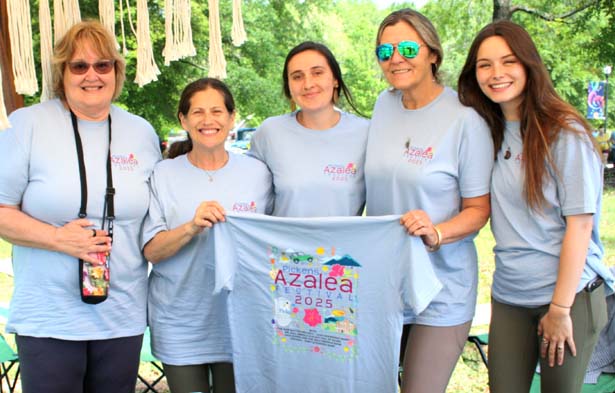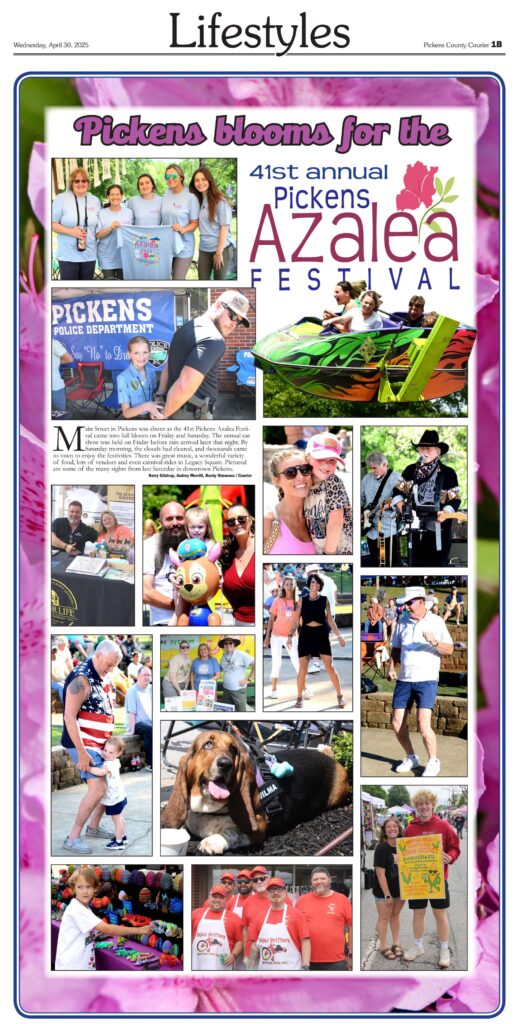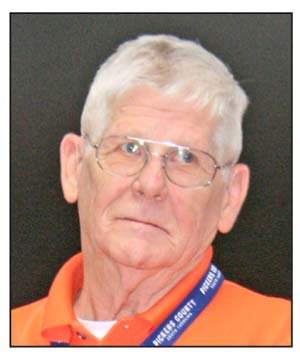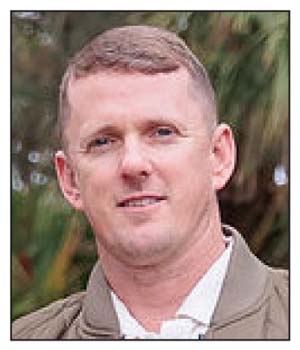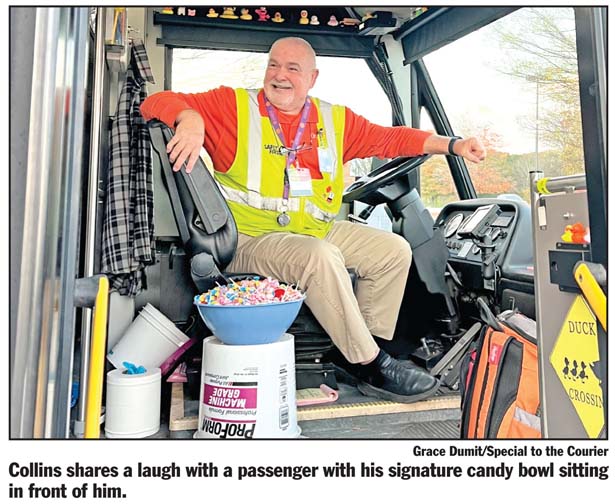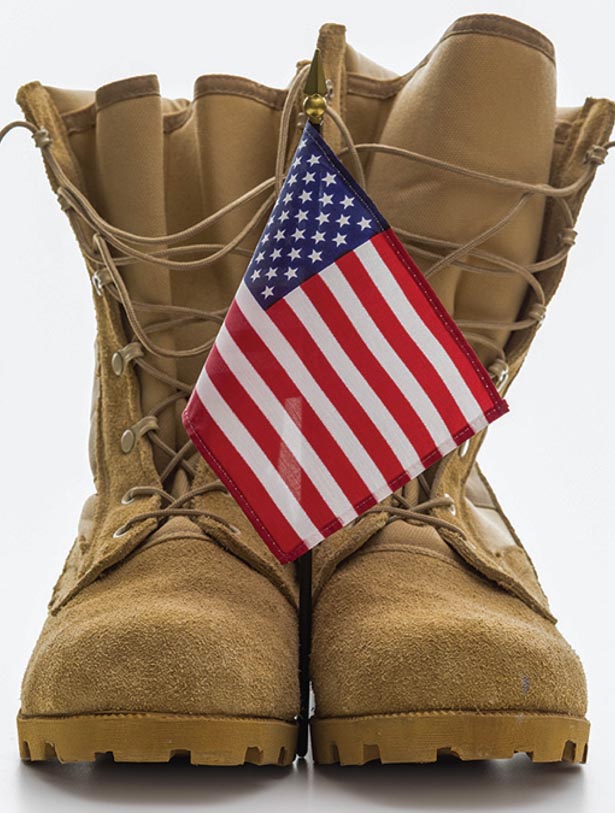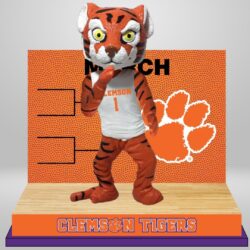Category Archives: Lifestyles
Making their cases
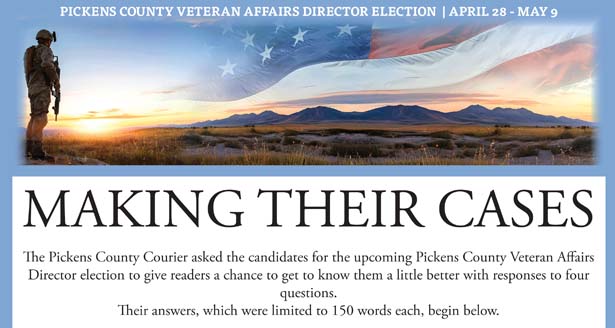
The Pickens County Courier asked the candidates for the upcoming Pickens County Veteran Affairs Director election to give readers a chance to get to know them a little better with responses to four questions.
Their answers, which were limited to 150 words each, begin below.
Interim Veterans Affairs director Walt Carter and local veteran John P. Hembree are set to face off in the upcoming Veterans Affairs advisory election. Voting for the advisory election will run from noon on Monday, April 28, to noon on Friday, May 9. Voting will take place at the Pickens County Elections Office, located at 222 McDaniel Ave., B-9, in Pickens.
Voting is restricted to Pickens County veterans honorably discharged from the armed forces of the United States. Dependents of veterans are not entitled to vote in the election, according to the website. The election has no age limit, and voters are not required to be a registered voter, but must present proof of honorable discharge from military service to the satisfaction of the poll manager.
- Why do you want to serve the veterans of Pickens County?
1.
It is a way to continue to serve and to help veterans. I have been working to help veterans as the Commander of American Legion Post 52 in Easley for the past 3 years.
I have been volunteering to help veterans long before being asked to step in as the Interim Veteran Affairs Officer.
Working to help veterans isn’t a job. It’s a calling to assist them.
John P. Hembree
Serving as the Veterans Service Officer isn’t just a new chapter — it’s a continuation of my lifelong commitment to service. After 26 years in uniform, including time as a Command Sergeant Major, I’ve led in combat zones, training environments, and the most important of all — family life. I’ve stood the watch, carried the weight of leadership, and walked beside those bearing burdens few will ever know.
I want to serve the veterans of Pickens County because I believe, as President Reagan said, “Freedom is never more than one generation away from extinction.” Those who wore the uniform did so out of duty, not for recognition. They deserve support, respect, and a system that works for them.
I see this role as an honor and a responsibility — to ensure their sacrifices are never forgotten, not just in words, but through relentless advocacy and dependable service that makes a real difference.
- Compare what you know about the Veterans Affairs Director position with your own knowledge and skill. In what areas do you feel you already excel? What areas do you feel you would need to develop?
Symbols of Easter
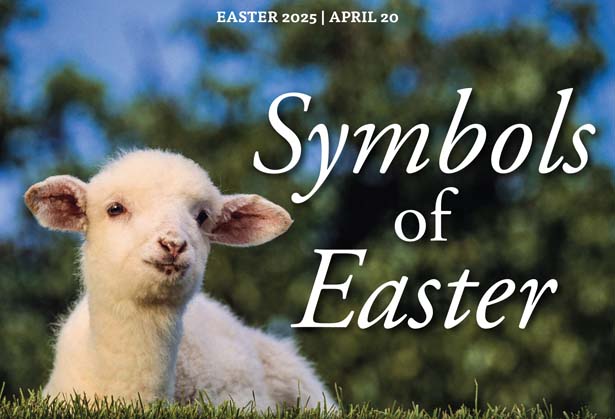
Icons complement most sacred holiday
Tradition plays an important role in Easter celebrations for many families. Cherished traditions and symbols of Easter may include anything from egg hunts to lilies to lambs.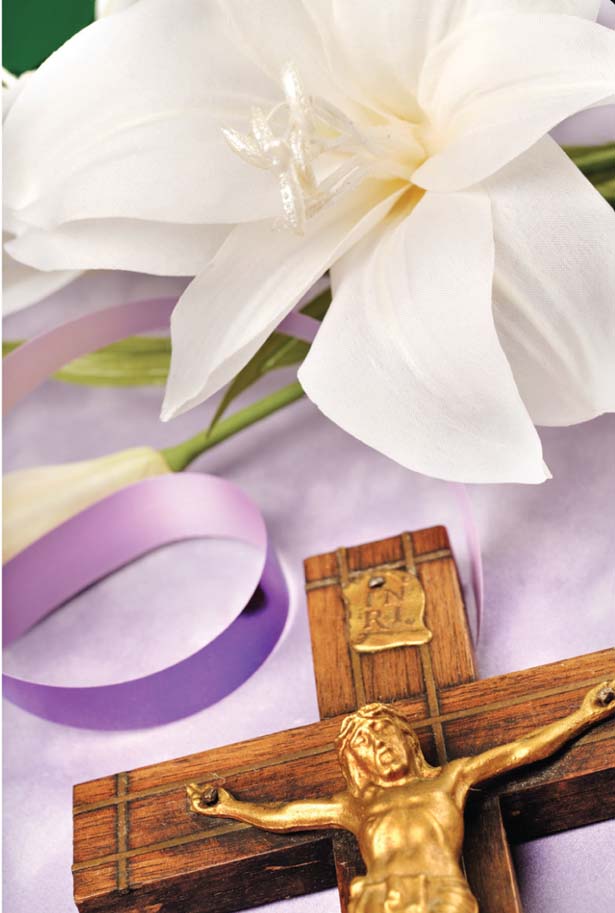 Understanding the importance behind these symbols can make sharing the miracle of Easter that much more special.
Understanding the importance behind these symbols can make sharing the miracle of Easter that much more special.
Crucifix
The crucifix is one of the central symbols of Easter and Christianity. The cross is a symbol of Christ’s crucifixion and sacrifice. The crucifix also highlights the ability of God to give people new
You must be logged in to view this content.
Subscribe Today or Login
The Clemson bus driver who talks smiles
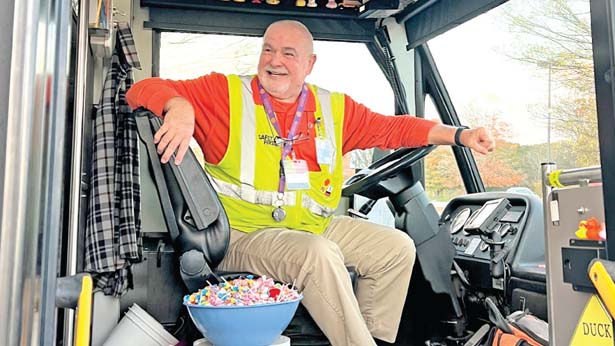
By Grace Dumit
Special to the Courier
gdumit@g.clemson.edu
CLEMSON — On a weekday morning, Clemson University students rushed to board the Blue Route Tiger Transit bus at a remote commuter parking lot to get to class on time. The doors swung open to reveal the warm, inviting smile of their bus driver, Arthur Lynn Collins. Jr.
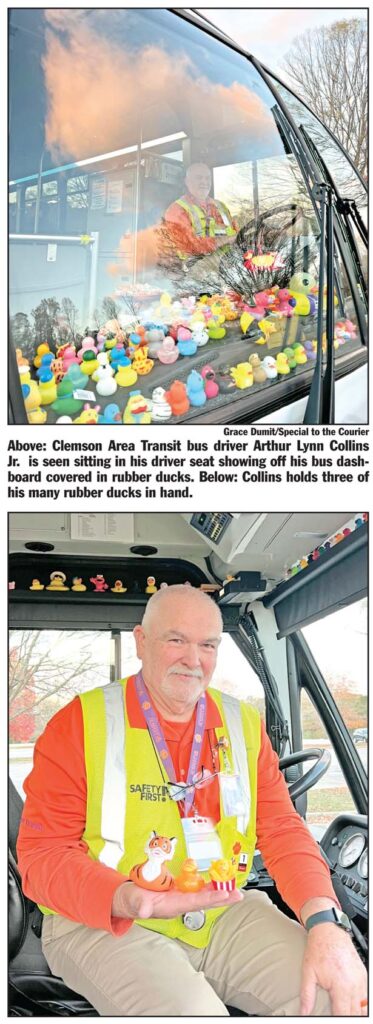 Students affectionally call him “Mr. Lynn.” He welcomes every passenger who steps on his bus with that inviting smile, no matter the time of day. The students also encounter his signature bowl of candy and rows of colorful rubber ducks that line the bus’s dashboard.
Students affectionally call him “Mr. Lynn.” He welcomes every passenger who steps on his bus with that inviting smile, no matter the time of day. The students also encounter his signature bowl of candy and rows of colorful rubber ducks that line the bus’s dashboard.
“I’m just a simple, quiet person most of the time, and when I get around here, I feel I may be offering a little bit
You must be logged in to view this content.
Subscribe Today or Login
National Vietnam War Veterans Day | March 29
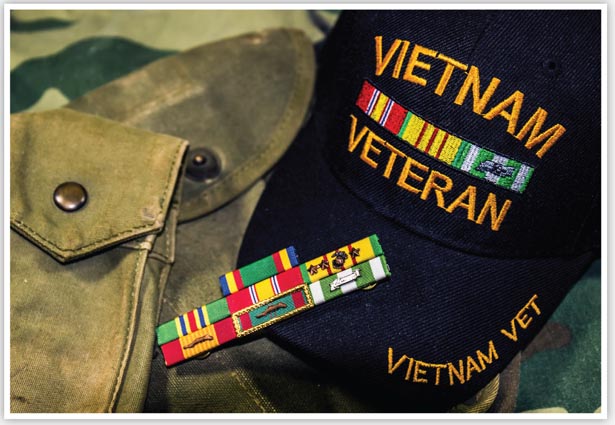
How can you honor Vietnam veterans in your community?
The Department of Veterans Affairs notes that approximately 2.7 million Americans served in the Vietnam War. There was strong domestic opposition to American involvement in the conflict, and many veterans returning from the war were treated poorly and unfairly. That made it difficult for Vietnam veterans to adjust to life at home, a problem compounded by the trauma of the war.
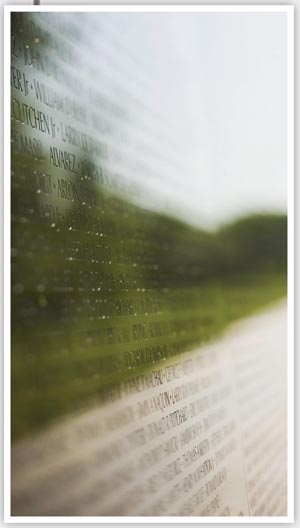 Although it is impossible to reverse time and remedy the poor treatment of Vietnam veterans, there are ways that the public can honor those veterans who sacrificed their safety and health in service of their country. These ideas can
Although it is impossible to reverse time and remedy the poor treatment of Vietnam veterans, there are ways that the public can honor those veterans who sacrificed their safety and health in service of their country. These ideas can
The continuing importance of Black History Month
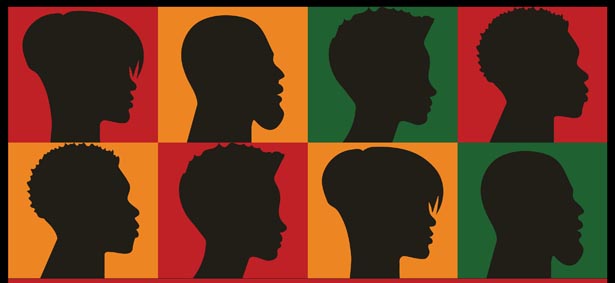
No one has played a greater role in helping all Americans know the black past than Carter G. Woodson, the individual who created Negro History Week in Washington, D.C., in February 1926. Woodson was 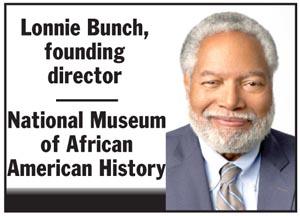 the second black American to receive a PhD in history from Harvard—following W.E.B. Du Bois by a few years. To Woodson, the black experience was too important simply to be left to a small group of academics. Woodson believed that his role was to use black history and culture as a weapon in the struggle for racial uplift. By 1916, Woodson had moved to DC and established the “Association for the Study of Negro Life and Culture,” an organization whose goal was to
the second black American to receive a PhD in history from Harvard—following W.E.B. Du Bois by a few years. To Woodson, the black experience was too important simply to be left to a small group of academics. Woodson believed that his role was to use black history and culture as a weapon in the struggle for racial uplift. By 1916, Woodson had moved to DC and established the “Association for the Study of Negro Life and Culture,” an organization whose goal was to
You must be logged in to view this content.
Subscribe Today or Login
Courier Community Calendar 2-19-25
• SMEC set to host annual oyster roast
St. Michael’s Episcopal Church will host its annual oyster roast from 2-5 p.m. Saturday, March 8, at 1200 Powdersville Road in Easley.
Proceeds from the event benefit multiple charitable organizations in Pickens County. Attendees will be able to enjoy all-you-can-eat oysters, Brunswick stew, sides, and beverages (photo ID required). If oysters aren’t your favorite, the event offers many additional food options. Tickets are $45 for adults, $10 for children 6-11, and free for children 5 and under. Rain or shine, oyster-shucking takes place outdoors, so attendees should dress accordingly. Please also bring personal oyster knives and gloves.Tickets are available for purchase by mail or at the church office, and order forms are available at
You must be logged in to view this content.
Subscribe Today or Login
Give the gift of healing this year

The gift of massage treats recipients to relaxation and the healing power of therapy and can serve as an escape from the stresses of daily life.
 In their 21st annual consumer survey, the American Massage Therapy Association says 19 percent of consumers reported receiving a massage from a professional therapist in the previous year. Many
In their 21st annual consumer survey, the American Massage Therapy Association says 19 percent of consumers reported receiving a massage from a professional therapist in the previous year. Many
You must be logged in to view this content.
Subscribe Today or Login
Choose wisely when selecting Valentine gifts
As the clock ticks down to Valentine’s Day, the pressure is on to find the ideal gift. While some  sweethearts may provide some clues to help with Valentine’s Day shopping, many gift-givers are on their own.
sweethearts may provide some clues to help with Valentine’s Day shopping, many gift-givers are on their own.
The National Retail Federation predicts that, in 2025, consumers are expected to spend a record $27.5 billion on Valentine’s Day this year, up from last year’s $25.8 billion and slightly above the previous record of $27.4 billion set in 2020. With so much money invested, shoppers no doubt want to find the best gifts possible. When shopping for Valentine’s Day, try to avoid these common mistakes and choose gifts that are creative and heartfelt.
- Skip the gas station flowers, candy or last-minute gifts. Valentine’s Day is a time to show you care. If you’ve left gifting to the last minute, you may make the situation worse by giving somethingYou must be logged in to view this content.
Subscribe Today or Login


